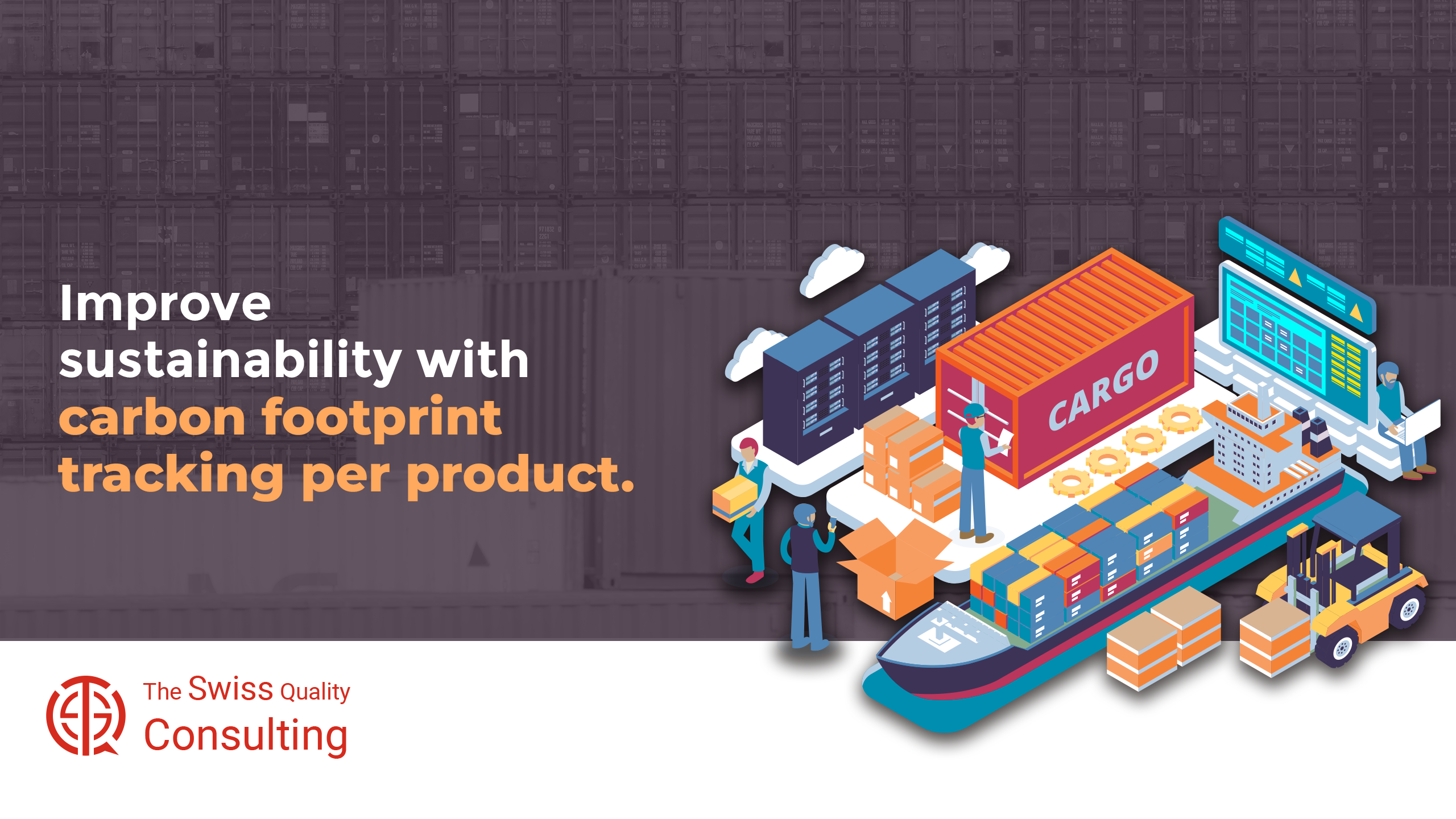Enhancing ERP Systems for Sustainable Business Practices
The Role of ERP Systems in Supporting Sustainability
Optimizing ERP for sustainable business in Switzerland is becoming increasingly critical as companies strive to align with evolving environmental regulations. ERP systems, traditionally used for streamlining business processes, can be leveraged to support sustainability by integrating eco-friendly practices directly into business operations. In Switzerland, where environmental regulations are stringent, ERP systems can be tailored to help businesses monitor their carbon footprint, manage resources efficiently, and reduce waste.
One of the primary ways ERP systems contribute to sustainability is through enhanced resource management. By providing real-time data on energy consumption, material use, and waste production, these systems enable companies to identify areas where they can reduce their environmental impact. For example, Swiss companies can use ERP analytics to track energy use across different departments, allowing them to implement targeted strategies to reduce consumption and promote energy efficiency.
Furthermore, ERP systems can aid in compliance with Switzerland’s environmental regulations by automating the reporting of sustainability metrics. This not only simplifies the process of adhering to regulations but also ensures that companies maintain transparency in their environmental efforts. As regulations continue to evolve, businesses equipped with optimized ERP systems will be better positioned to adapt quickly and maintain their commitment to sustainable practices.
Key Strategies for ERP Optimization Towards Sustainability
For Swiss businesses aiming to optimize their ERP systems for sustainability, several strategies can enhance their effectiveness. One critical approach is the integration of sustainability modules within the ERP framework. These modules are specifically designed to track environmental metrics, such as greenhouse gas emissions, water usage, and waste management. By embedding these modules, companies can gain a comprehensive view of their environmental performance, enabling them to make data-driven decisions that support sustainable growth.
Another effective strategy is to leverage predictive analytics within ERP systems. Predictive analytics can forecast the environmental impact of business activities, allowing companies to take proactive measures to mitigate negative outcomes. For instance, by predicting the energy demand of manufacturing processes, companies can adjust their operations to minimize energy consumption during peak hours, thus reducing their overall carbon footprint. This foresight is invaluable for Swiss companies that are not only committed to sustainability but also need to comply with the country’s rigorous environmental standards.
Collaboration between ERP vendors and sustainability consultants can also play a crucial role in optimizing ERP systems for green initiatives. By working together, businesses can ensure that their ERP solutions are not just technically robust but also aligned with the latest sustainability trends and regulatory requirements. This collaborative approach helps in customizing ERP systems to better fit the unique environmental goals of Swiss companies, making the journey towards sustainability both feasible and effective.
Overcoming Challenges in ERP Optimization for Sustainability
Addressing Data Integration and System Customization
One of the major challenges in optimizing ERP systems for sustainability in Switzerland is data integration. Many companies operate with legacy systems that may not be fully compatible with modern ERP solutions, making the integration of sustainability data a complex task. To overcome this, companies can adopt middleware solutions that bridge the gap between old and new systems, allowing for seamless data flow and integration. This approach not only simplifies the process but also ensures that sustainability metrics are consistently monitored and reported.
Customization of ERP systems to meet specific sustainability needs is another challenge that Swiss companies face. Standard ERP solutions may not always cater to the unique requirements of sustainability practices, necessitating extensive customization. Engaging with ERP providers that offer flexible and customizable platforms is essential for businesses aiming to align their operations with environmental goals. By customizing workflows, reporting formats, and data analytics tools, companies can create a more tailored ERP solution that directly supports their sustainability agenda.
Moreover, the challenge of data accuracy cannot be overlooked. Ensuring that the data input into ERP systems is accurate and up-to-date is crucial for reliable sustainability reporting. Implementing stringent data validation processes and regular audits can help maintain the integrity of the data, which is particularly important for compliance with Switzerland’s strict environmental regulations. This focus on data accuracy not only supports effective decision-making but also builds trust with stakeholders regarding the company’s sustainability efforts.
Leveraging Digital Transformation for Sustainable ERP Optimization
Digital transformation plays a pivotal role in optimizing ERP systems for sustainability. As Swiss businesses continue to adopt digital technologies, integrating these advancements into ERP systems can significantly enhance their sustainability efforts. Cloud computing, for instance, offers a more sustainable alternative to traditional on-premise ERP systems by reducing the need for physical infrastructure and energy consumption. Cloud-based ERP solutions also provide greater flexibility and scalability, allowing companies to adjust their systems as their sustainability needs evolve.
Artificial Intelligence (AI) and machine learning are also powerful tools that can be integrated into ERP systems to enhance sustainability. These technologies can analyze large datasets to identify patterns and suggest areas for improvement, such as optimizing supply chain logistics to reduce emissions. AI-driven insights can also assist in predictive maintenance of equipment, thereby extending their lifespan and reducing waste. For Swiss companies, the incorporation of AI into ERP systems aligns well with the country’s push towards embracing modern technology while adhering to high environmental standards.
Furthermore, blockchain technology can be utilized within ERP systems to ensure transparency and traceability in sustainability initiatives. By using blockchain, Swiss companies can create immutable records of their environmental impact, such as carbon credits or sustainable sourcing practices. This transparency is crucial for meeting regulatory requirements and for demonstrating a company’s commitment to sustainability to its customers and investors. As digital transformation continues to evolve, the integration of these technologies into ERP systems will be key to driving sustainable business practices in Switzerland.
Conclusion: Embracing ERP Optimization for a Sustainable Future
In conclusion, optimizing ERP systems for sustainable business practices is not just an option but a necessity for Swiss companies facing stringent environmental regulations. By integrating sustainability-focused modules, leveraging predictive analytics, and embracing digital transformation, businesses can enhance their ERP systems to support their environmental goals. Overcoming challenges related to data integration, system customization, and data accuracy will be crucial for the success of these initiatives. As Switzerland continues to lead in sustainability, companies that optimize their ERP systems will be well-positioned to achieve long-term success and contribute to a greener future.
—
#ERPOptimization #SustainableBusiness #Switzerland #GreenTechnology #DigitalTransformation #SwissCompanies #EnvironmentalRegulations










